Bioanalysis To Advance Novel Cancer Treatment Options
Tumor diseases are one the most frequent causes of death in Western industrialized countries. Immune oncological approaches are helping to drive new levels of curative cancer treatment, and could possibly even lead to the eradication of most types of cancer, but development of these tools requires specific and sensitive bioanalytical methods and customized assays.
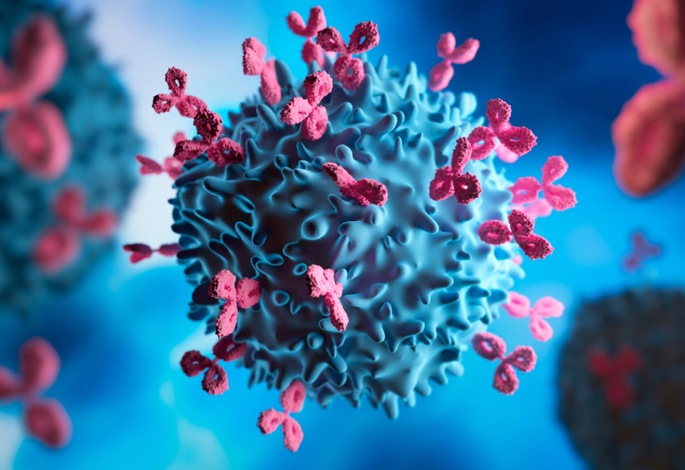
Immuno-Oncology Approaches: Leveraging the Immune System To Eliminate Cancer Cells
The clinical landscape for cancer is currently undergoing an exciting shift as the spectrum of available medicines has expanded beyond chemotherapy to a host of new molecularly targeted therapies. While in previous years all cell types were targeted by conventional therapeutics, novel drug options are targeting tumor cells only. Whereas drugs conjugated with specific antibodies (ADC, Antibody-Drug conjugates) bring the tumor-killing agent to its location to eliminate tumor cells only, novel immune oncological therapeutic options take advantage of the immune system to eliminate cancer cells.
The treatment of cancer by immunological tools can be tracked back to the early 1900s when Paul Ehrlich brought up the hypothesis that an intact immune system may protect from most cancers. These ideas led to the concept of immunosurveillance by Burnet and Thomas and immunoediting.
This molecular and possibly personalized approach may lead to the dusk of generic chemotherapies and to a new level of curative cancer treatment and possibly even to the eradication of most types of cancer.
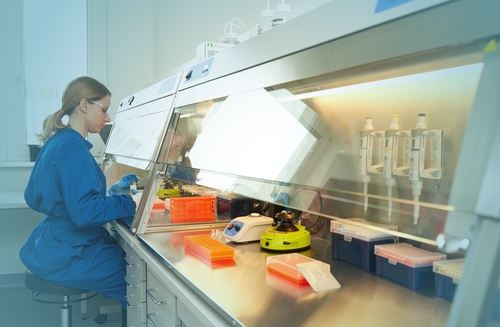
2014 Shankar, Kromminga Et Al. Paper
Assessment And Reporting Of The Clinical Immunogenicity Of Therapeutic Proteins And Peptides
For more information emphasizing associations of ADA development with pharmacokinetics, efficacy, and safety that are necessary to assess the clinical relevance of immunogenicity.

Immune Oncological Tools: Exciting Therapeutic Options
With the increasing average life span of the population, 14 million new cases of cancer worldwide are diagnosed per year. The following examples are intended to demonstrate the immense power of immune oncological treatment options to address these cases, and are not mentioned to be a comprehensive overview nor a specific prioritization.
The first example are monoclonal antibodies which are directed against cancer-specific antigens, e.g. a monoclonal antibody directed against TYRP1, a protein which is highly expressed in melanocytes and melanoma cells. First results are highly promising that advanced malignant melanoma can be treated.
Another example of a promising immunotherapeutic approach are inhibitors of certain lymphocytes surface marker, e.g. NKTR-214 is a CD122 agonist designed to initiate a rapid proliferation of T- lymphocytes and Natural Killer (NK) cells. In addition, this molecule enhances the expression of PD-1 (programmed cell death protein 1) in these immune cells. Results of a Phase 1 study were recently presented at the 2016 annual meeting of the Society for Immunotherapy of Cancer.
Equally promising is the development of agents that interact with immune checkpoints such as PD1 (programmed cell death protein 1) or LAG-3 (lymphocyte activation gene 3).
And finally, a cellular approach using chimeric antigen receptor T cells (CAR-T) which utilizes a patients own cells, once modified, to kill their own tumor cells.
Optimal Platforms for Immuno-Oncology Related Bioanalysis
When it comes to immuno-oncology assessments, a broad range of analytical methods across diverse matrices, including tumor, blood, cells, and DNA/RNA, is necessary to paint the best, most informative picture. Options include the measurement of circulating proteins in the blood using immunoassays; the examination of the cellular component of the blood, including the analysis of circulating tumor cells and/or circulating free DNA via flow cytometry; and tumor gene expression by PCR.
Patient samples are precious and are often subject to limited availability — either in terms of the biopsy material available or blood volume restriction. This necessitates highly sensitive and reproducible assays capable of running small sample volumes, such as the multiplex assays described above. Immunoassays and flow cytometry allow more data to be generated from the smallest amount of sample.
The measurement of gene expression is generally performed by quantitative real-time PCR, and multiplex or singleplex ELISpot analysis is applied for the measurement of specific T- or B cell responses. BioAgilytix has all of these platforms as part of our premier bioanalytical technology suite, including:
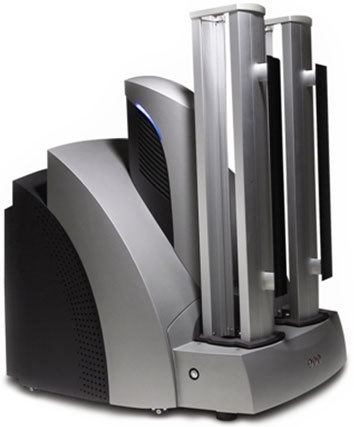
MSD-ECL
(Electrochemiluminescence)
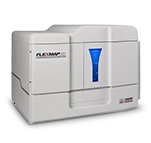
Luminex
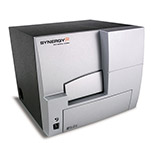
ELISA
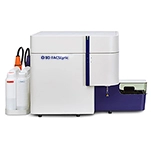
Flow Cytometry (FACS Analysis)
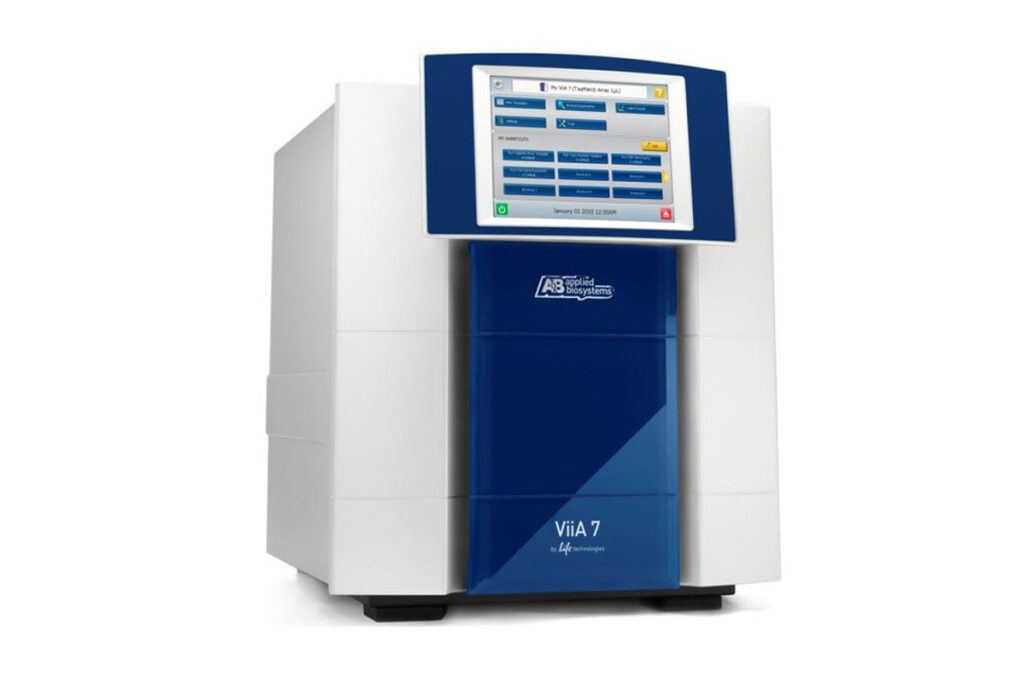
qPCR
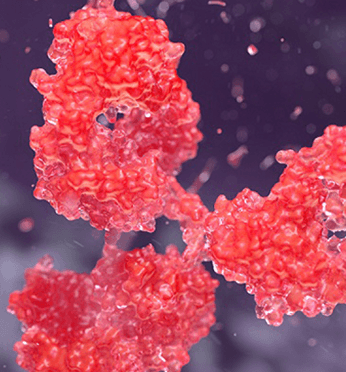
Make Bioagilytix the Partner To Progress Your Immuno-Oncology Development Efforts
Immune oncological approaches are exciting tools to curatively treat and possibly eradicate cancer. Several humoral and cellular approaches are followed and are in clinical studies. These novel therapeutic tools require specific and sensitive bioanalytical methods and customized assays.
BioAgilytix’s veteran scientists are working alongside leading pharma and biotech companies to advance promising immune oncological approaches and tools, from oncology biomarker development to assays for immunogenicity testing, through expert bioanalysis. Let us help you realize the opportunities available in new molecularly targeted therapies for cancer treatment by leveraging our proven, seasoned scientific support.